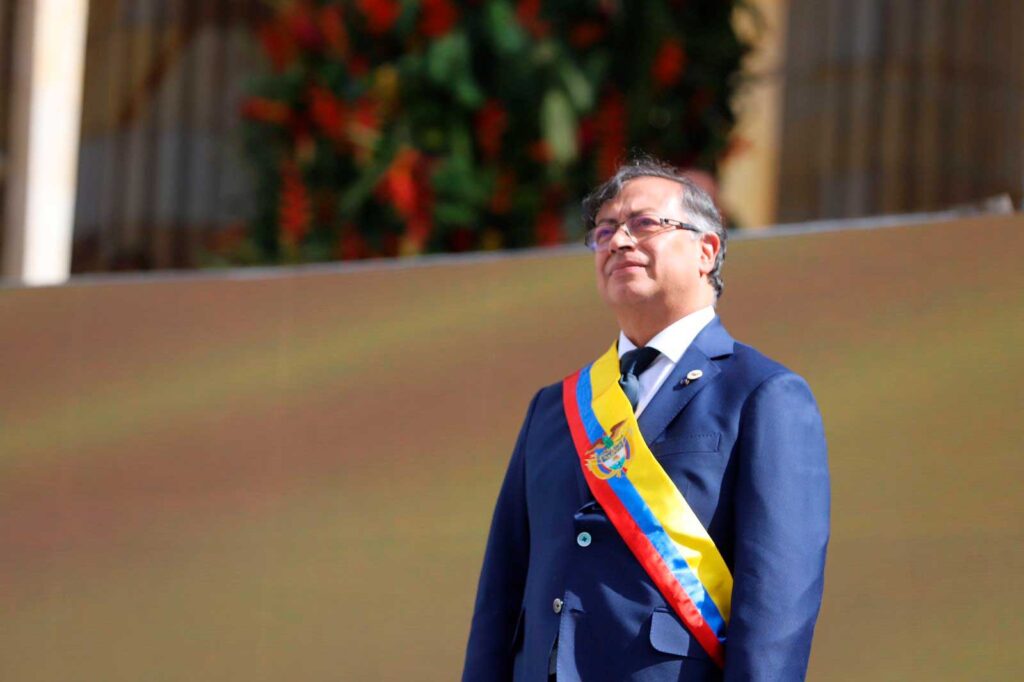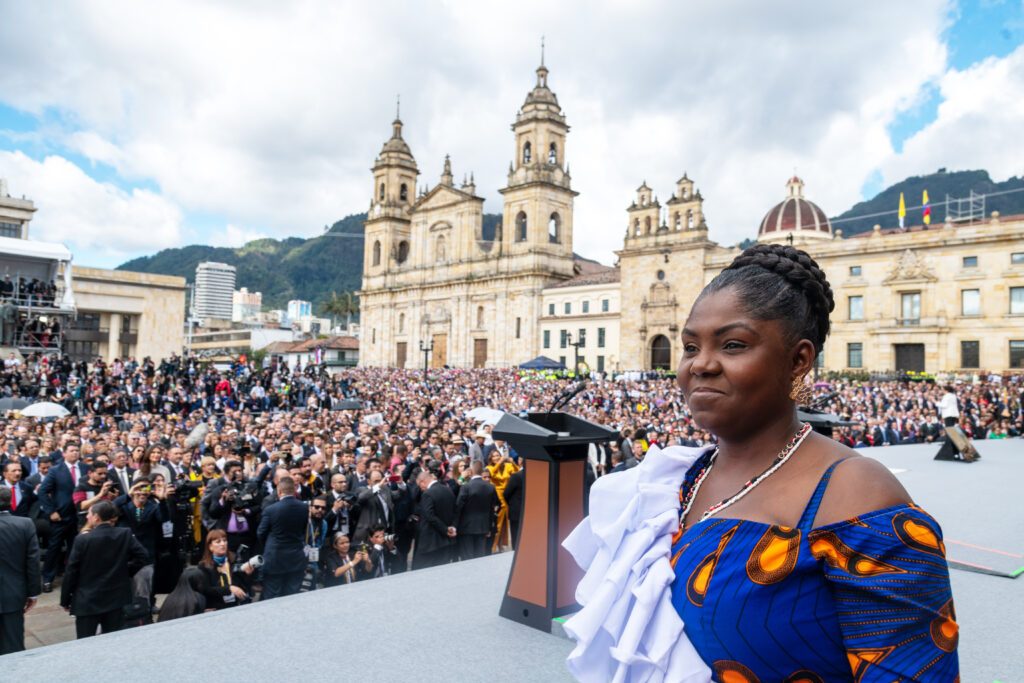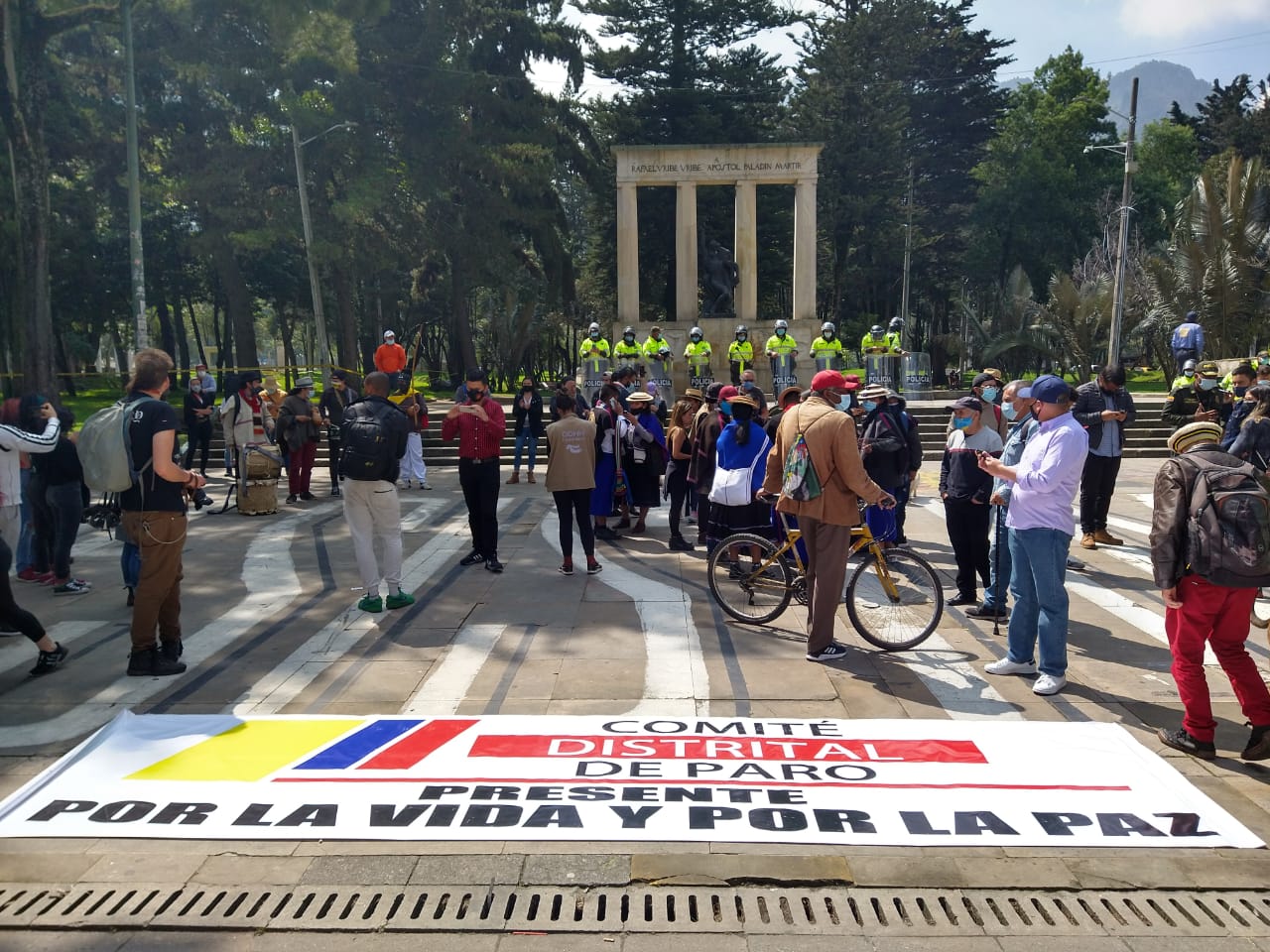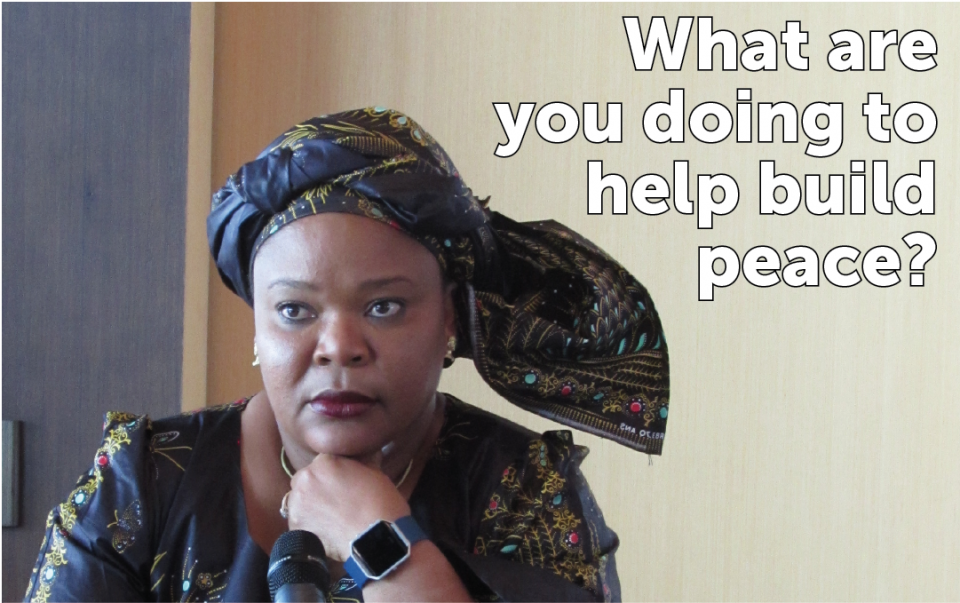There’s been plenty of heat around Petro’s victory last month, but precious little light. What will a Petro presidency actually look like?

Now that Gustavo Petro has finally taken his seat in the Casa de Nariño, we officially enter a new period. For the first time, a leftist leader has the reins of power, and a country waits with bated breath to see what will happen. We’ve had a go at separating myth from reality. For now, all we know is that Marbelle hasn’t left the country. But there’s good news too.
Promises and fears
Petro made a whole raft of promises in his election campaign, ranging from the easily achievable and popular to the more extravagant and ill-defined. That lack of definition means that he has leeway on implementation of his ideas.
Economy: To start off with, he wants significant change to public finances. He needs money for his various reforms. The fears are that he will impose punitive taxes and nationalise private property, as well as precipitate a crisis in the peso’s value.
Law and order: There’s police reform, including the abolition of the riot squad (ESMAD), and prison reform as well as various judicial changes. The JEP is likely to receive significant support. His critics argue that crime will rise, while his supporters fear a coup. He’s open to negotiation for armed groups, both for guerilla groups such as ELN and paramilitary groups like the Clan de Golfo.
Environment: This is intimately tied to the economy. He wants Colombia to move towards decarbonisation. This makes a lot of sense in the long term, as oil remains far more important to the economy than most people realise. He’s putting the brakes on further exploration, and some fear that he may try to dismantle existing projects.
Wellbeing: He’s promised a healthcare system that will cover everyone at low-to-zero cost. Key to that is implementing ley 1751, and also eliminating the EPS. The formation of vice-president Francia Marquez’ much-vaunted equality ministry will take a couple of years. In the short term, it’s possible that the abortion protection granted by the Supreme Court will pass into law and that there will be a greater focus on feminicides, homophobia and transphobia. He’s likely to apply great reform to tertiary education, in particular by reforming ICETEX.

International relations: As a leftist, he’s much less hostile to Venezuela than previous administrations have been, and correspondingly less welcoming to the US. Some fear that he will open the borders to Venezuela and lessen relations with the US.
Can he deliver on the promises? Or are the fears founded?
Financial reform: The finance changes are likely to get heavily caveated but pass. The public fury of 2021 is still heavy in the minds of many and funds need to be raised from somewhere. The initial proposals for reform seem balanced and sensible – targeted mainly at those earning over 10 million pesos monthly, which the ministerio de hacienda says is about 2% of the population. There doesn’t seem to be much intent from his camp to target anyone except the ultra-rich, so fears of mass requisitions are almost certainly unfounded. Indeed, Petro has said he won’t expropriate anything during his presidency.
Taxes on sugary drinks and plastic are unlikely to be unpopular, and there will almost certainly be significant pushback on inheritance taxes. The peso has already slid, but it’s been weak for a while anyway and there are a lot of reasons for this, many of which are outside of Colombia’s control.
Law and order: It’s likely that some of his police reforms will go through. The key idea of removing policing from the Ministry of Defence seems doable, although he seems to want it to remain under government control via the Ministry of the Interior. If that’s the case, reform is likely to be more cosmetic than effectual. There is one key exception, which is dismantling ESMAD. That certainly could happen, as they’re widely disliked. Again though, there will have to be some sort of replacement in the future.
Negotiations for the disarmament of armed groups are certainly likely to happen, although their chances of success are less clear. ELN will almost certainly come to the table, and could well sign a deal similar to that the FARC signed (with the attendant problems). More interestingly, the Clan de Golfo have already announced a unilateral ceasefire. Question marks remain over the viability of those negotiations, but Petro’s already closer to solving that problem than other politicians. If that can be pulled off, other armed groups may well put down their guns too. Regarding the more dramatic worries, a coup is unlikely. Many participants in recent protests have been on Petro’s side, so his opponents will need time to organise. After years of demonising the idea of protest, we can expect opposition to be in the Senate and media rather than on the streets.
Environment: Petro won’t start a fight with big petro-carbon companies, so it’s very unlikely that existing legal operations will be affected much. It’s entirely possible that he’ll try to crack down on illegal projects though, which are largely ignored at the moment. With an energy crisis raging and OPEC refusing to open the taps, he may well be tempted to backtrack on new exploration projects. He’ll be taxing plastic and CO2 emissions and slapping sales tax on fuel. More critically, a 10% tax on some mining/petrocarbon exports will bring in revenue and auto-regulate some of the dodgier exploration.
Wellbeing: The EPS is widely disliked, so changes to the system shouldn’t be too hard to get through the Senate. The changes may be more about language than reality in the end, as the private system will fight tooth and nail to retain some form of engagement with the public. Implementing ley 1751 should be straightforward as well, but it’s been ignored for quite a while, so don’t be surprised if that continues to be a problem. His inauguration speech featured tubthumping about the failed war on drugs, so expect addicts to receive medical care rather than police attention. As long as that’s kept relatively quiet, it should be incontroversial and not make too many waves.
To education, then, and reform of ICETEX will depend on how much money his tax reforms will raise. He’s aiming for the sky, and if he hits high he can go for full abolition immediately. If he has to abandon certain measures, expect to see more modest reforms, starting with the more vulnerable students and those in public universities. This isn’t likely to face much opposition: ICETEX isn’t popular and a lot of its loans will never be repaid in full anyway. Petro is promising the teacher’s union FECODE a lot, and they are unlikely to dissent for at least a year. If he can’t get funds to them, or he ties improvements in conditions and pay to results, that will change fast.
International Relations: There will most likely be vague anti-US rhetoric from Petro’s camp, maybe even from the man himself. It’s extraordinarily unlikely that he’ll cause any serious spats, especially with the Biden administration. The neighbours raise different questions. He’ll likely be more open to dialogue with Maduro, yet wary of being too chummy. If Lula comes back to power in Brazil, expect Petro to be among the leading lights of a new pink wave of Latin leftist leaders.
Overall
The common thread running through all of this is the difference between reform in reality and reform on paper. He’s likely to get watered-down versions of his big ticket proposals on paper at least. He will certainly trumpet those from the rooftops, but their impact may well be limited. The concerns that he will run the country into the ground are hyperbole, although there may well be a few bumps in the road as Colombia moves towards decarbonisation, for example. Petro may herald a change in Colombian political opinion, but as far as day-to-day life is concerned it’s likely to be largely business as usual.





